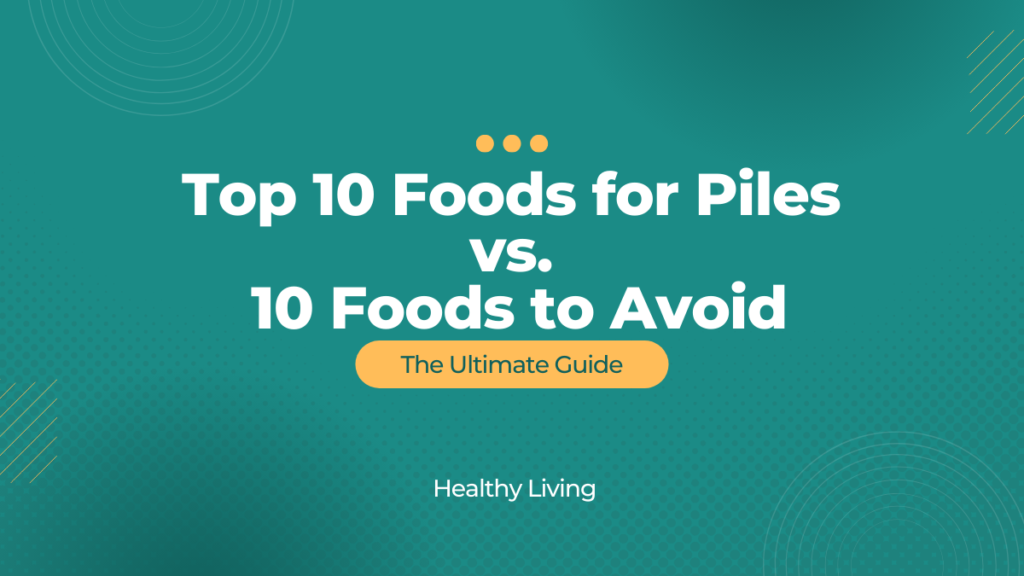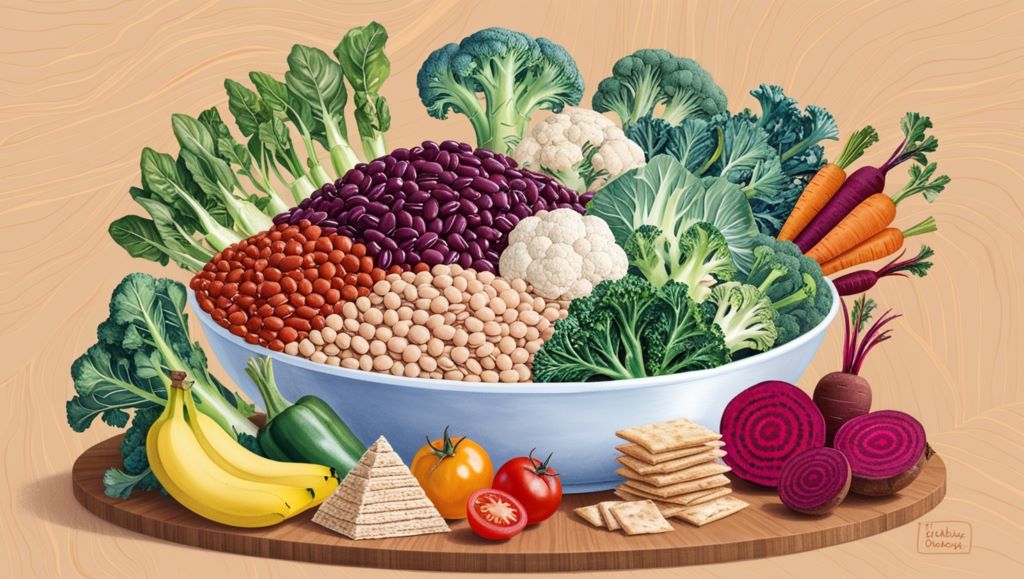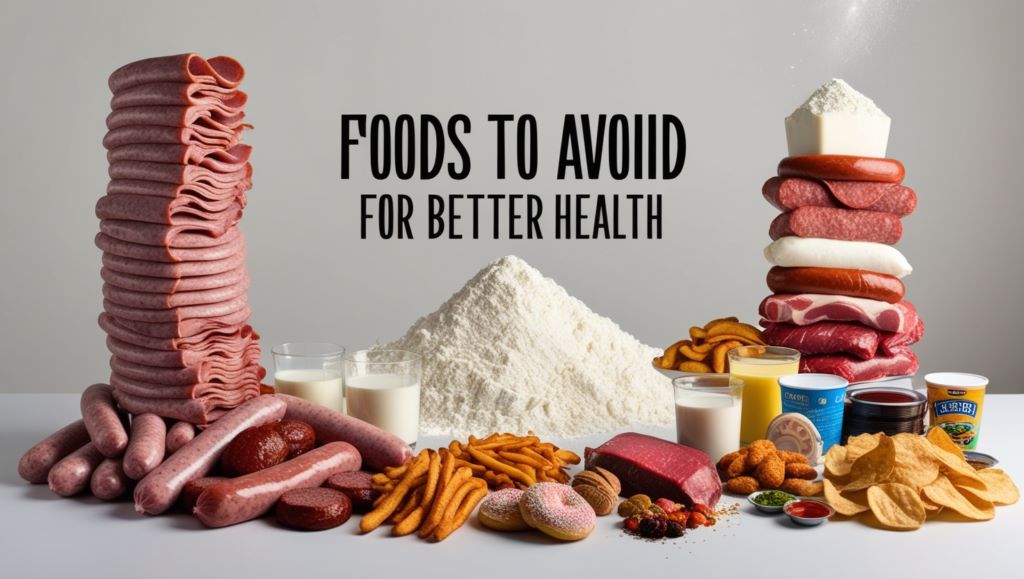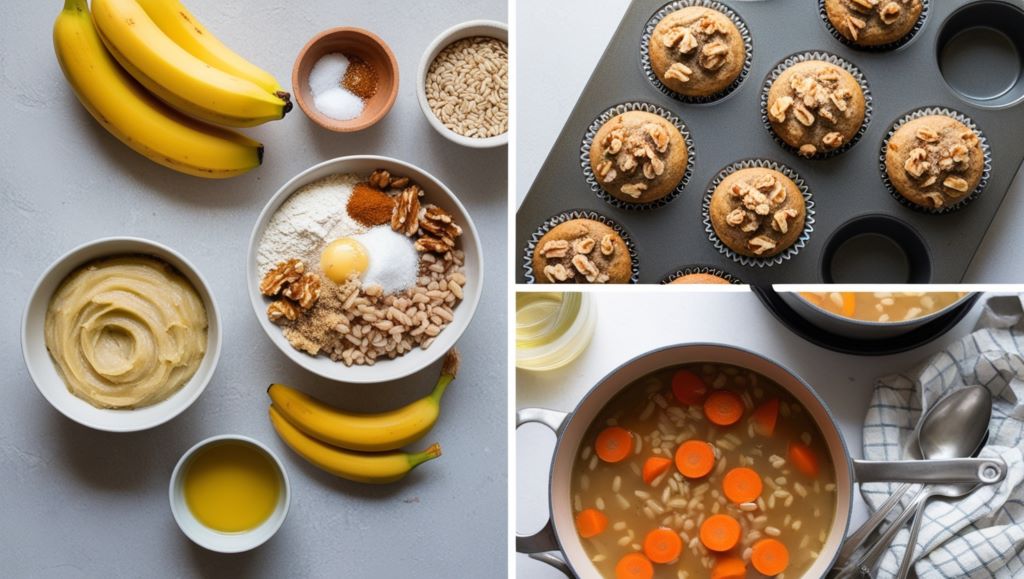Piles, also known as hemorrhoids, is a condition where the veins around your rectum and lower anus become swollen. Symptoms include pain and discomfort during and after bowel movements, painful lumps in and around the anus, and bloody stools. Piles can be internal or external, with internal piles often undetectable without an internal examination. Though common, symptoms can sometimes be overlooked. While surgery can remove piles, less severe cases may be managed with medication, lifestyle, and dietary changes. This article will discuss foods for piles that can help manage piles effectively.

Table of Contents
Best Foods to Cope with Piles

Piles can cause significant discomfort, but certain foods can help reduce the risk factors like constipation and bloating. Here are some foods for piles that can help:
Legumes
Getting enough fiber in your diet can reduce the likelihood of piles flare-ups. Legumes like beans, lentils, peas, soybeans, peanuts, and chickpeas are rich in both soluble and insoluble fiber. Soluble fiber forms a gel in your digestive tract, aiding digestion, while insoluble fiber helps bulk up your stool, making it easier to pass.
Cruciferous Vegetables
Vegetables like broccoli, cauliflower, Brussels sprouts, bok choy, kale, arugula, cabbage, and radishes are high in insoluble fiber. They also contain glucosinolate, a plant chemical that causes gut bacteria to break down, promoting easier bowel movements and reducing piles symptoms.
Root Vegetables
Root vegetables like turnips, beets, carrots, sweet potatoes, and potatoes are nutritious and full of gut-friendly fiber. Cooked and cooled white potatoes, for instance, contain resistant starch, which helps feed your gut bacteria and ease stool passage.
Bell Peppers
Rich in vitamins, minerals, and fiber, bell peppers are also very hydrating. A cup of bell peppers contains about 2 grams of fiber and has a water content of about 93%, helping to ease bowel movements.
Whole Grains
Whole grains like spelled, quinoa, barley, brown rice, oats, whole rye, and corn retain their germ, bran, and endosperm, all loaded with fiber. Whole grains are particularly rich in insoluble fiber, which adds volume to your stool and helps ease excretion. Oatmeal, for example, contains beta-glucan, a soluble fiber that benefits your gut microbiome and aids in easy excretion.
Squash
Squash varieties like pumpkin, acorn squash, yellow squash, butternut squash, and zucchini are rich in fiber and add color to your plate. Acorn squash, in particular, provides about 9 grams of fiber per cup.
Bananas
Bananas are an excellent addition to your diet to alleviate piles symptoms. They contain pectin and resistant starch, which help in clearing stool easily, with an average of 3 grams of fiber per banana.
Tomatoes
Tomatoes are high in fiber and water content, helping ease constipation. They contain naringenin, a natural antioxidant that has a laxative effect, aiding in bowel movements.
Citrus Fruits
Fruits like oranges, lemons, and grapes are rich in vitamin C and fiber. Their high water content softens stools and the naringenin they contain acts as a natural laxative.
Foods to Avoid with Piles

Processed Meats
Cold-cut meats are low in fiber and high in sodium, which can exacerbate piles symptoms. It’s best to limit their intake.
White Flour
White flour products like white bread, pasta, and bagels lack fiber since the bran and germ are removed. These should be avoided.
Dairy Products
While yogurt is beneficial due to its probiotics, other dairy products like milk and cheese should be avoided as they can be heavy and hard to digest.
Red Meat
Red meat is difficult to digest and can delay stool passing, making it unsuitable for those with piles.
Fried Foods
Fried foods are hard to digest and can complicate excretion, increasing discomfort.
Snacks and Salty Foods
These can cause bloating, making bowel movements more difficult and uncomfortable for people with piles.
Spicy Food
Spicy foods are low in fiber and can cause pain and discomfort during bowel movements.
Alcohol
Alcohol dehydrates the body and can dry out stool, making it harder to pass and aggravating piles.
Caffeinated Beverages
Strong tea and coffee can harden stools, making it more difficult for those with hemorrhoids to pass them.
Packaged Foods
Pre-packaged foods, like chips, lack fiber and should be avoided by those with piles.
Piles-Friendly Recipes to Try
Whole Wheat Muffins with Bananas and Walnuts
- Preheat the oven to 350°F.
- Mash ripe bananas in a bowl until smooth.
- Combine sugar, flour, baking powder, walnuts, and salt. Add egg and almond milk to the banana mixture, then combine dry and wet ingredients.
- Pour batter into a non-stick muffin pan.
- Bake for 30-40 minutes, then transfer muffins to a cooling rack.
- Serve warm. Barley Soup with Carrots
- Boil water in a pot.
- Add barley and let it simmer, covered, for about 25-30 minutes over low heat until the water evaporates. Remove from heat and set aside.
- In another pot, cook onion in olive oil over medium heat until soft.
- Add stock and carrots, boil, reduce to a simmer, cover, and cook for 20 minutes.
- Add cooked barley and let simmer for another minute or two. Remove from heat.

These dietary tips and recipes can help manage the symptoms of piles and improve your overall digestive health with Foods for Piles and Foods to Avoid with Piles.
